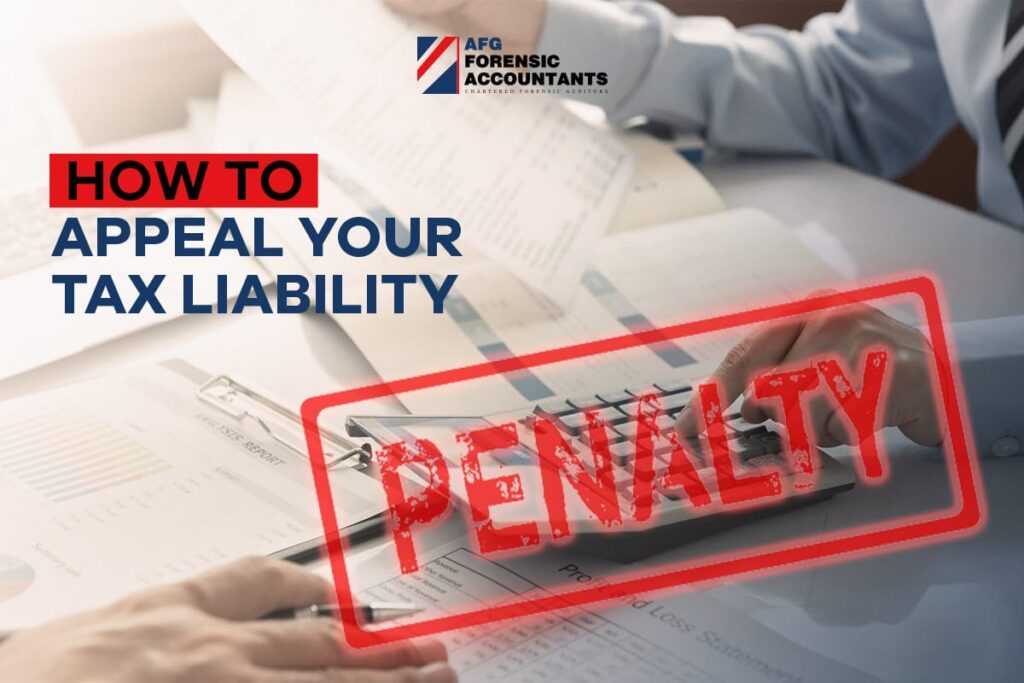
There are various reasons why HMRC may issue a tax penalty. You may receive a penalty if you file your tax return late, your tax return is inaccurate, you are late paying tax that you owe or you fail to keep accurate records.
If you do not agree with the penalty, you can appeal against it. The appeal route depends on whether the penalty relates to a direct tax, such as income tax, capital gains tax or corporation tax, or to an indirect tax, such as VAT.
Direct tax penalties
If you receive a penalty in relation to a direct tax by post, the appeal letter will contain instructions on how to appeal and also a form which can be used. An appeal must be made within 30 days of the date on the penalty notice. If you miss the deadline, you must explain the reason for doing so to HMRC so that it can decide whether to consider your appeal.
Self Assessment Penalties
If you have received an automatic £100 penalty for missing the deadline for filing your Self Assessment tax return, you can appeal online by signing into your Government Gateway account. Alternatively, you can appeal by post. If you did not need to send a return, HMRC should cancel the penalty. If you submitted your return late and have a ‘reasonable excuse’ for doing so, HMRC may allow your appeal.
You will need to tell them what your reasonable excuse is. However, you should bear in mind that HMRC’s idea of a reasonable excuse may be different to yours. It will only accept serious events such as the death of a partner or close relative, a serious or life threatening illness or an unexpected hospital stay, delays related to a disability or mental illness that you have, service issues with HMRC’s online services, a computer or software failure while filing your return, a fire, flood or theft that prevented you from filing your return on time as valid reasons for late filing. HMRC may also accept that you had a reasonable excuse if, despite taking reasonable care, you misunderstood or were not aware of your obligations or relied on someone else to file your return and they did not. HMRC will expect you to send your return as soon as you are able once the reason for not filing it on time has been resolved.
If you need to appeal other self-assessment penalties, you should do this by post or on form SA370.
PAYE penalties
If you are an employer and you receive a PAYE penalty, you can log into your PAYE Online for Employers account and appeal using the ‘Appeal a penalty’ option. You will receive an immediate acknowledgement of your appeal.
Indirect tax penalties
If you are charged a penalty in relation to an indirect tax, for example, a VAT penalty, the penalty letter will offer you a review, which you can choose to accept. Alternatively, you can appeal to the tax tribunal.
Review by HMRC
If you are not happy with the outcome of an appeal against a direct tax penalty or you are issued with an indirect tax penalty, you can take up the offer for HMRC to review the penalty decision. The decision will be reviewed by someone who was not involved in the original decision. The review will normally take 45 days (although HMRC should tell you if it will take longer than this). HMRC will tell you the outcome of the review.
Appeal to the tax tribunal
If you disagree with the review decision or do not want to accept a review, you can appeal to the tax tribunal. Again, you have 30 days to lodge your appeal.
Alternative dispute resolution
If you have appealed to the Tax Tribunal, you can opt to use the Alternative Dispute Resolution procedure to resolve the dispute rather than it being heard by the Tax Tribunal. Under this route, a mediator will work with you and HMRC to find a solution.
Need professional accounting service or accounting advice? Contact us to book a 45-min Free Consultation with us today.
